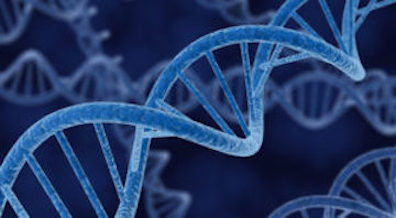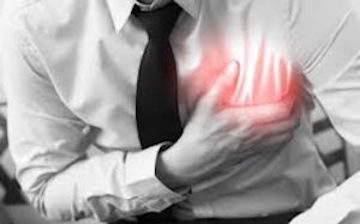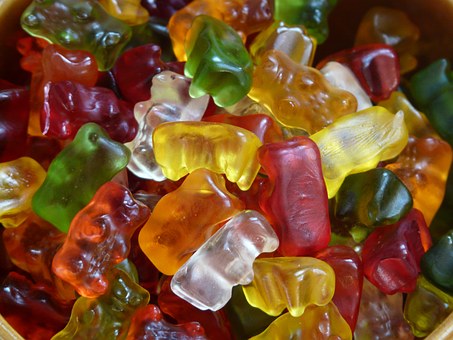Lifestyle choices, including the food you eat, can help prevent or treat acid reflux. Some quick tips:
Manage stress
Get good sleep
Maintain a healthy weight
Avoid smoking
Avoid or limit spicy, fried or fatty foods, chocolate, onions, garlic, citrus fruits and juices, tomato-based foods like pizza, caffeine, alcohol
Eat whole foods high in fiber. They can protect against acid reflux and esophageal cancer
Eat small meals and avoid overeating
Don’t lie down after a meal and don’t eat too close to bedtime
If you have heartburn at night or while trying to sleep, elevate the head of your bed.








